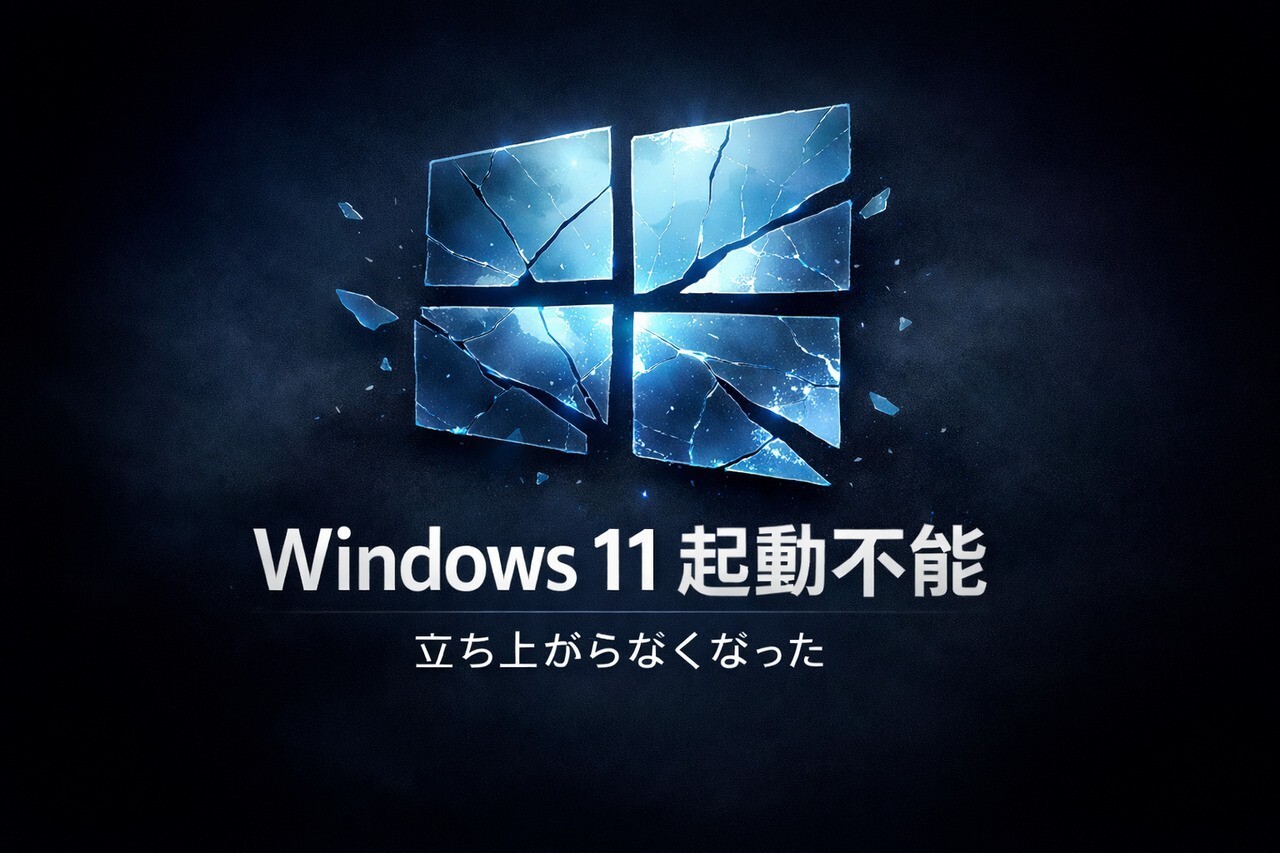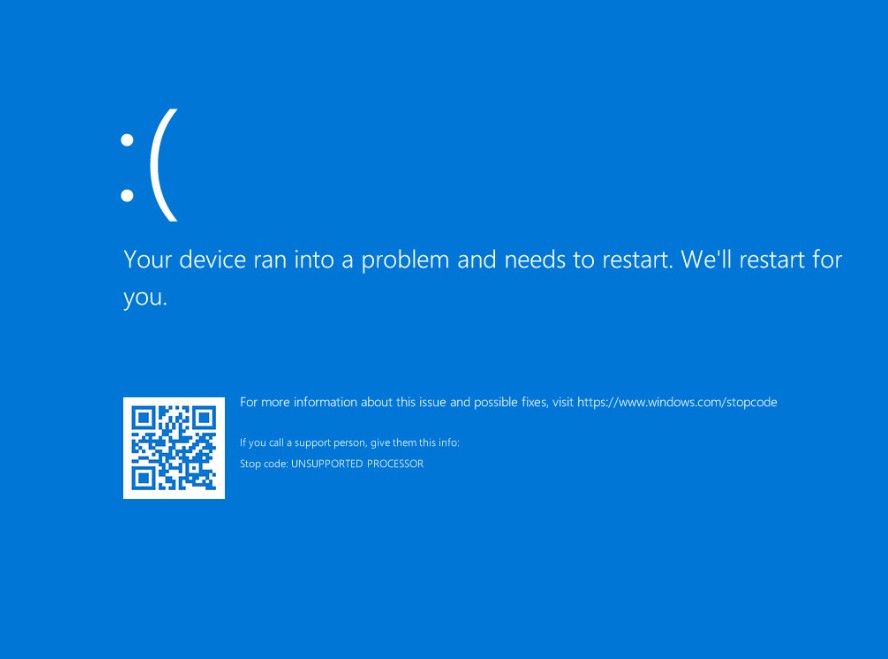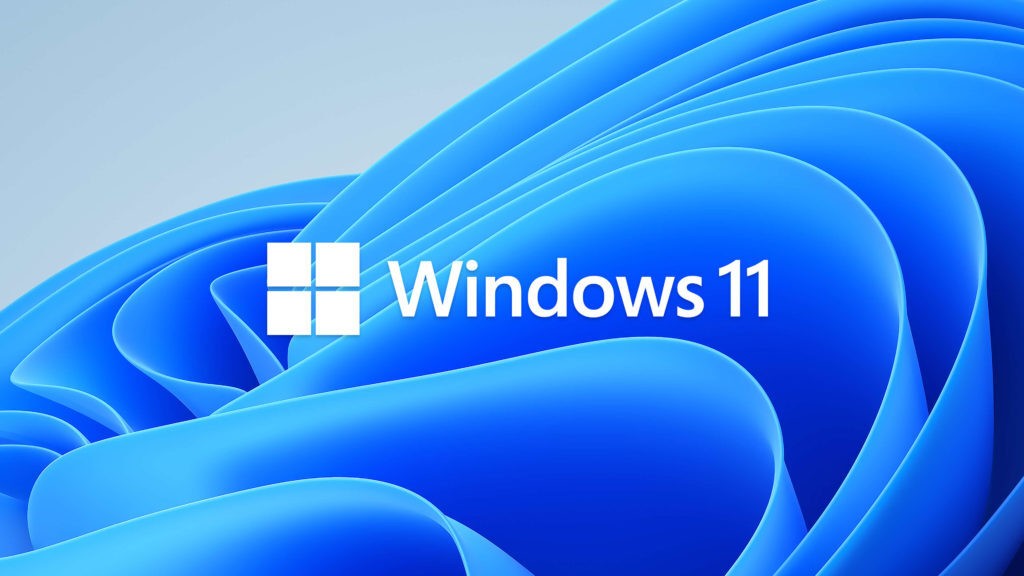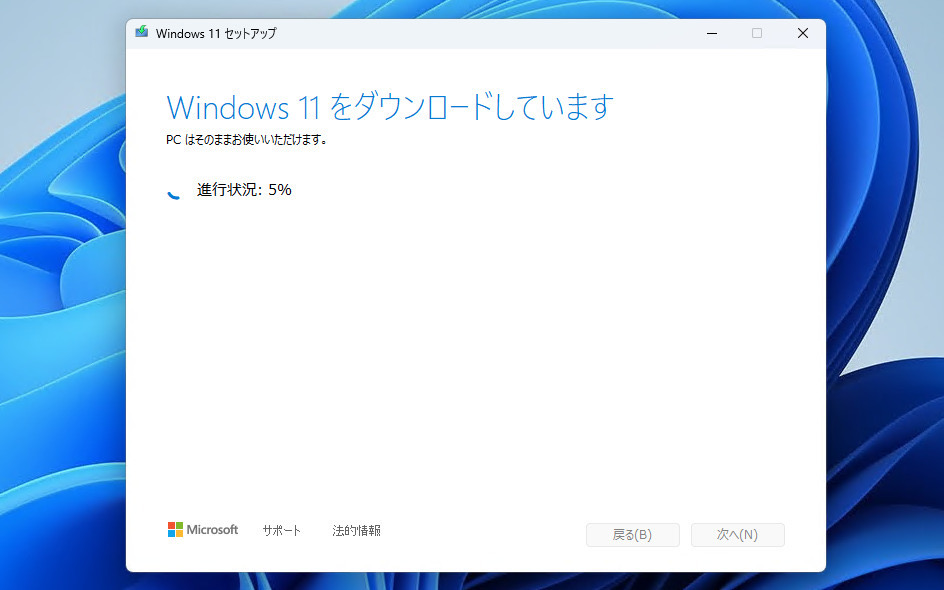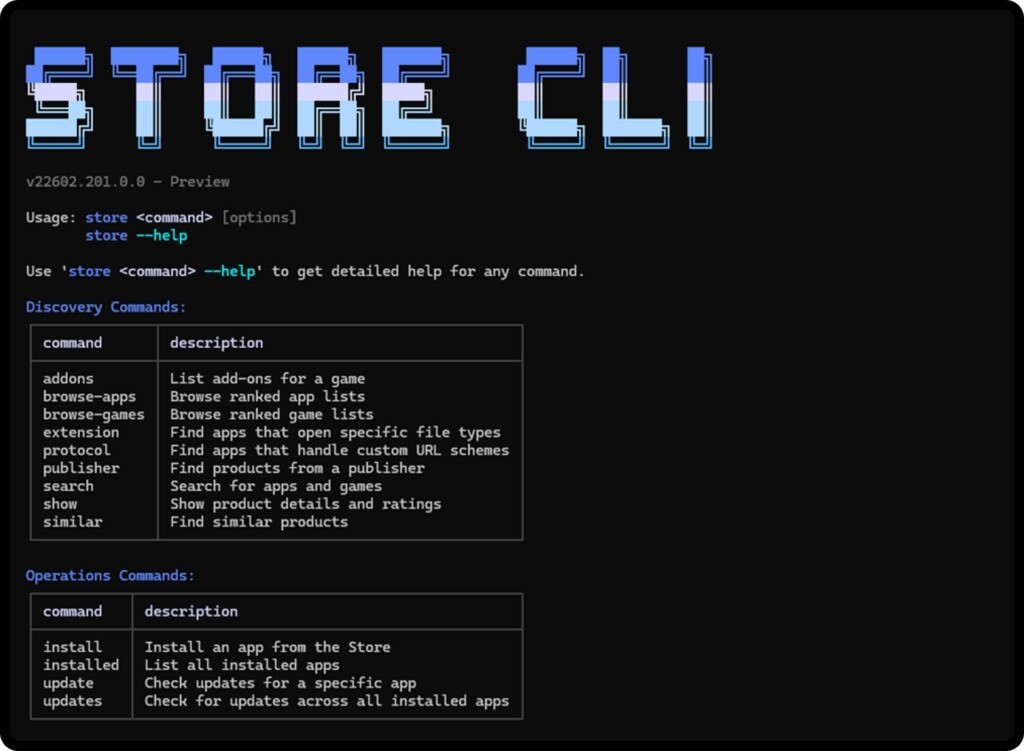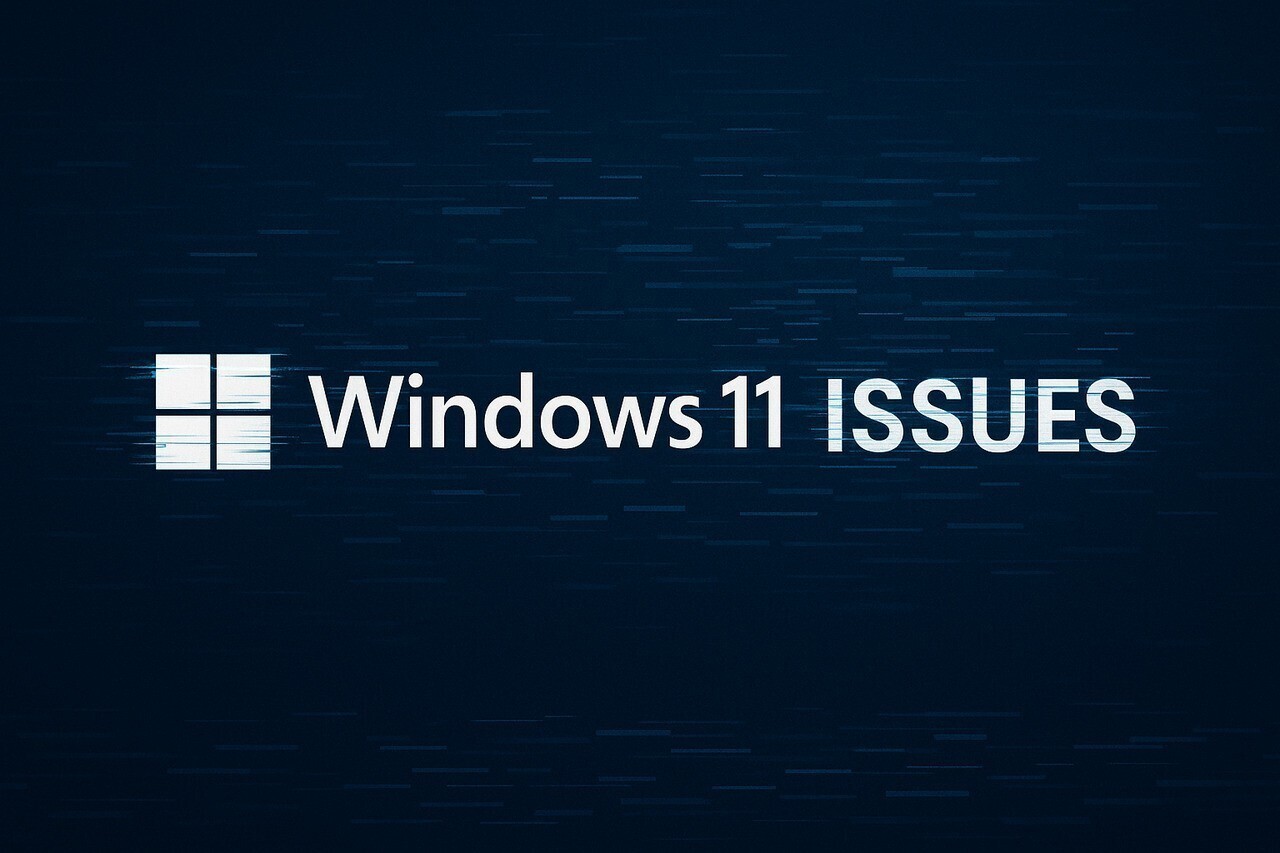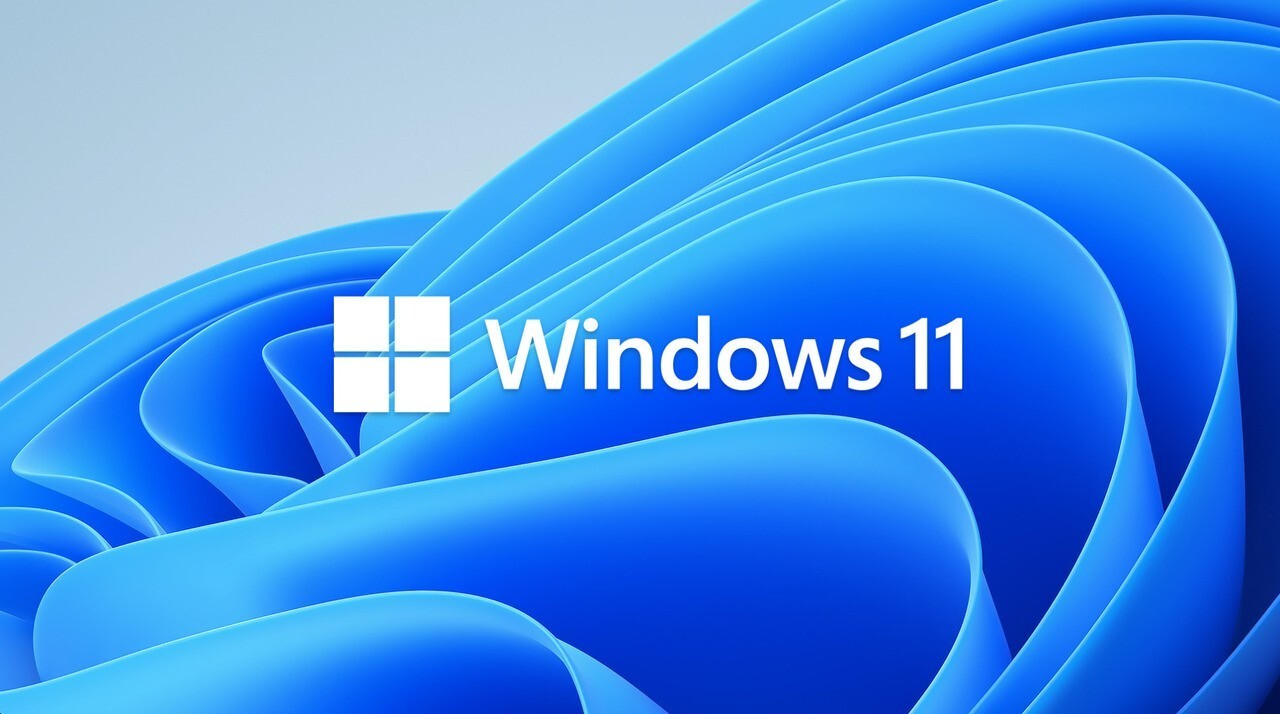
Microsoftは本日、「Update on Windows 11 minimum system requirements」と題したブログ記事を公開し、混乱を招いているWindows 11の最低ハードウェア要件をあらためて説明しています(The Verge)。
同記事によると、Windows 11はPCのパワーを最大限に引き出すために構築されており、最高の体験を提供するために最低限のシステム要件を必要としているとのこと。セキュリティ、信頼性、互換性の面から、Intelの第8世代プロセッサおよびAMD Zen2、Qualcomm7/8シリーズがこの方針を満たしていると説明しています。
- Security. Windows 11 raises the bar for security by requiring hardware that can enable protections like Windows Hello, Device Encryption, virtualization-based security (VBS), hypervisor-protected code integrity (HVCI) and Secure Boot. The combination of these features has been shown to reduce malware by 60% on tested devices. To meet the principle, all Windows 11 supported CPUs have an embedded TPM, support secure boot, and support VBS and specific VBS capabilities.
- Reliability. Devices upgraded to Windows 11 will be in a supported and reliable state. By choosing CPUs that have adopted the new Windows Driver model and are supported by our OEM and silicon partners who are achieving a 99.8% crash free experience.
- Compatibility. Windows 11 is designed to be compatible with the apps you use. It has the fundamentals of >1GHz, 2-core processors, 4GB memory, and 64GB of storage, aligning with our minimum system requirements for Office and Microsoft Teams.
ただし、Intelの第7世代プロセッサやAMD Zen 1を搭載したデバイスが、先ほどの原則を満たしているかのテストを行うともしていますので、結果が望ましいもならば、要件が緩和されることも考えられます。
Microsoftはまた、Windows 11へデバイスがアップグレード可能かどうかを確認するために作成された「PC正常性チェックアプリ(PC Health Check App)」の公開を一時的に停止すると説明しています。ユーザーが期待していたレベルの情報を提供するための準備が十分にできていなかったためとされ、秋のWindows 11の正式公開にあわせて再び利用できるようになるとのことです。


